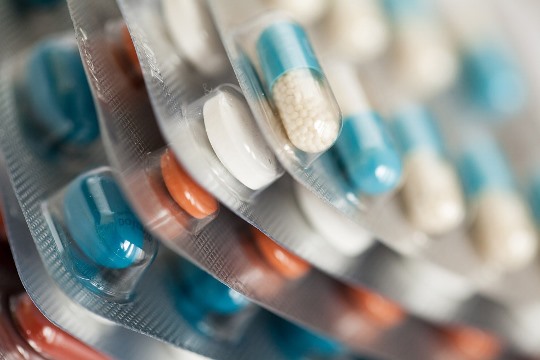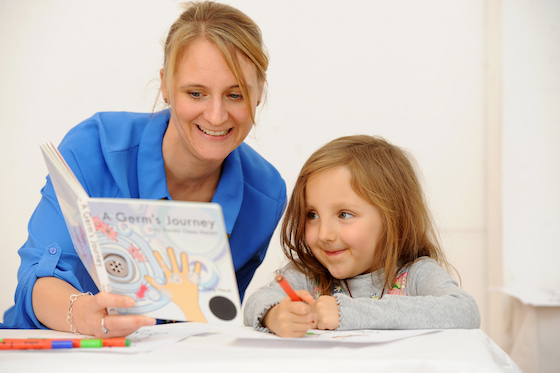Antibiotic resistance is one of the biggest threats to global health. As bacteria develops resistance to medicines, it threatens our ability to treat common infectious diseases, resulting in prolonged illness, disability, and death.
Without effective antimicrobials for prevention and treatment of infections, medical procedures such as organ transplantation, cancer chemotherapy, diabetes management and major surgery (for example, caesarean sections or hip replacements) become very high risk.
De Montfort University Leicester (DMU)’s Infectious Disease Research Group (IDRG) is at the cutting edge of research into new antimicrobials. Studies include using plant extracts such as essential oils to treat antibiotic resistant strains of bacteria, investigating the efficacy of travel sanitisers and examining faster ways of detecting E.coli infections in hospital patients.

This week is the World Health Organisation (WHO)’s World Antibiotics Awareness Week which aims to raise awareness of the problem. It warns that using antibiotics too often and in the wrong contexts will see a return to a time when people feared common infections and risked their lives undergoing minor surgery.
Dr Katie Laird, Head of the IDRG and Senior Lecturer in Microbiology, said: “The issues surrounding antibiotic resistance is of paramount importance and the IDRGs overall aim is to conduct research that focuses on this issue and has an impact on people’s lives.”
What’s being done? Here are just some of the research projects taking place at DMU:
- DMU’s Dr Shivanthi Samarasinghe is working with Leicester Royal Infirmary on a way to speed up detection of antibiotic resistant E.coli in patients.
- Professor Katherine Huddersman and Dr Susannah Walsh have developed a catalyst to disinfect disease-carrying microorganisms in water, such as legionella, and parasites such as giardia.
- A growing market in counterfeit medicines, using substandard and less effective ingredients, is leading to deaths and increased antimicrobial resistance. Dr Sangeeta Tanna and Dr Graham Lawson have invented a way of testing active ingredients which is quicker, cheaper and easier to perform than standard analysis.
- The Dr Katie Laird is looking at how the superbug C. difficile survives in hospital bed sheets through industrial laundering and the ability for bacteria to withstand low temperature laundering. Major IDRG research, reported by national media at the time, has also shown how almost half of all nurses’ uniforms are being washed at home at temperatures too cool to kill bacteria
- DMU experts are examining commercially available travel hand rubs to make more effective formulations.
- Work is underway to determine the presence and location of new human parasites in cities such as Leicester. This data will be used to identify possible human health risks and develop applicable intervention measures to protect the public.
- Using essential oils, a facial toner for acne has been developed for the commercial sector and drug formulations including natural plant components are being developed to combat antibiotic resistant Enterococcus sp.

In addition, Dr Laird and Dr Sarah Younie, DMU’s Professor in Education, have written a book for pre-school children to raise their awareness of germs and encourage them to develop better hand hygiene. A Germ’s Journey, which also has a website, uses special interactive pages to develop the theme. Through action and consequence learning, children get to understand about invisible germs and health & disease.
The Society for Applied Microbiology has supported this study and 1,000 books have been used for widening participation both in the UK and India.
Posted on Monday 13 November 2017